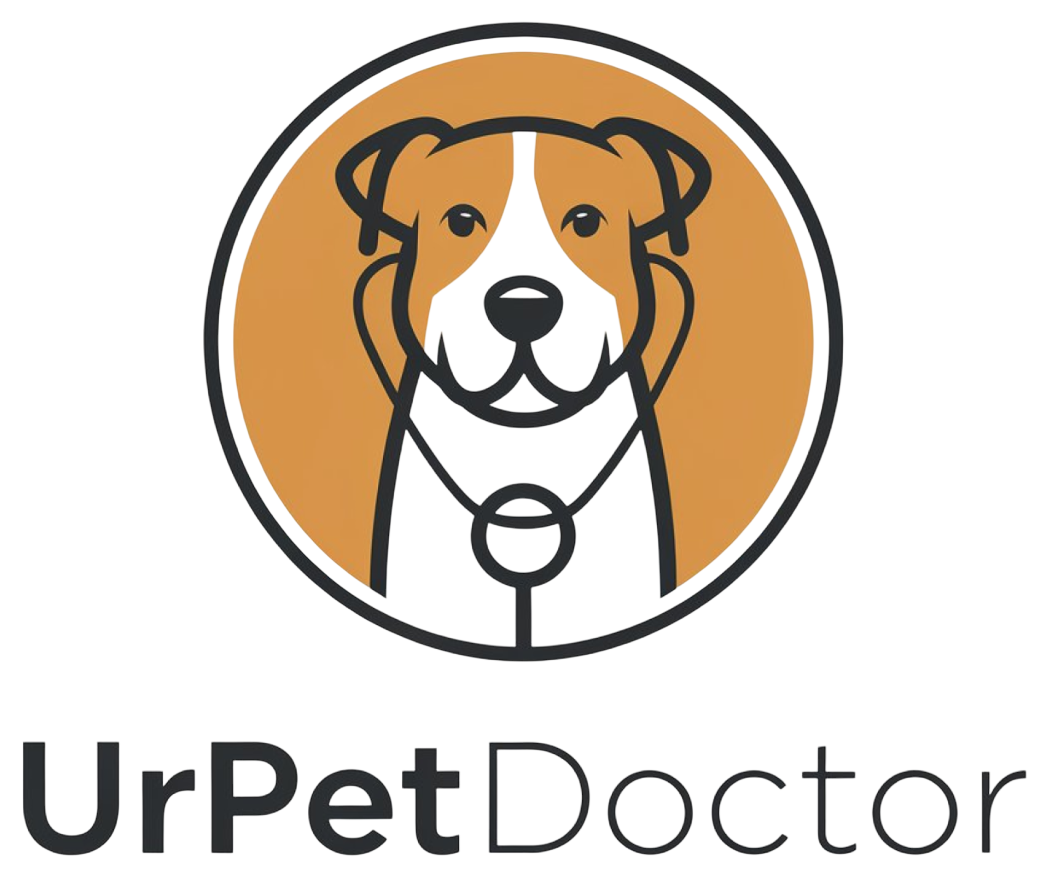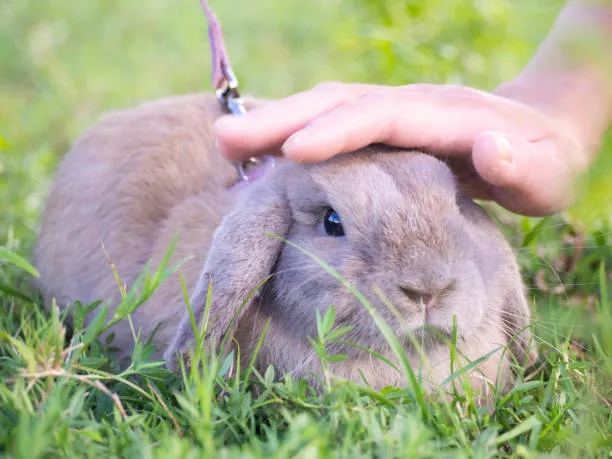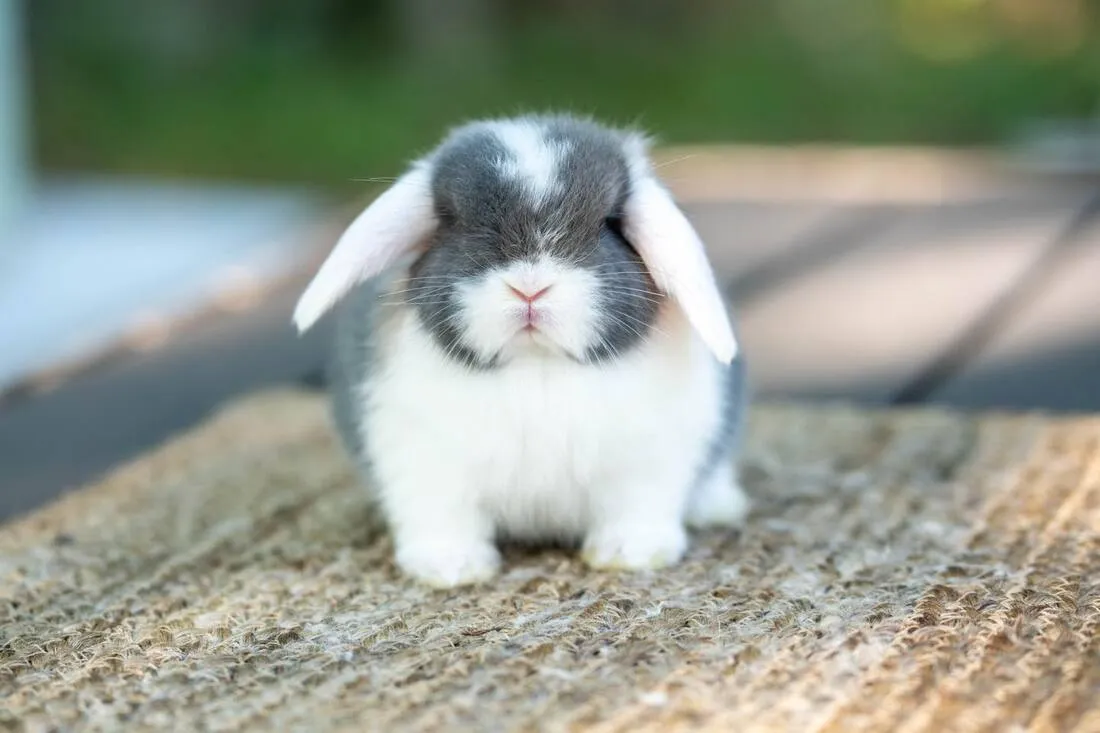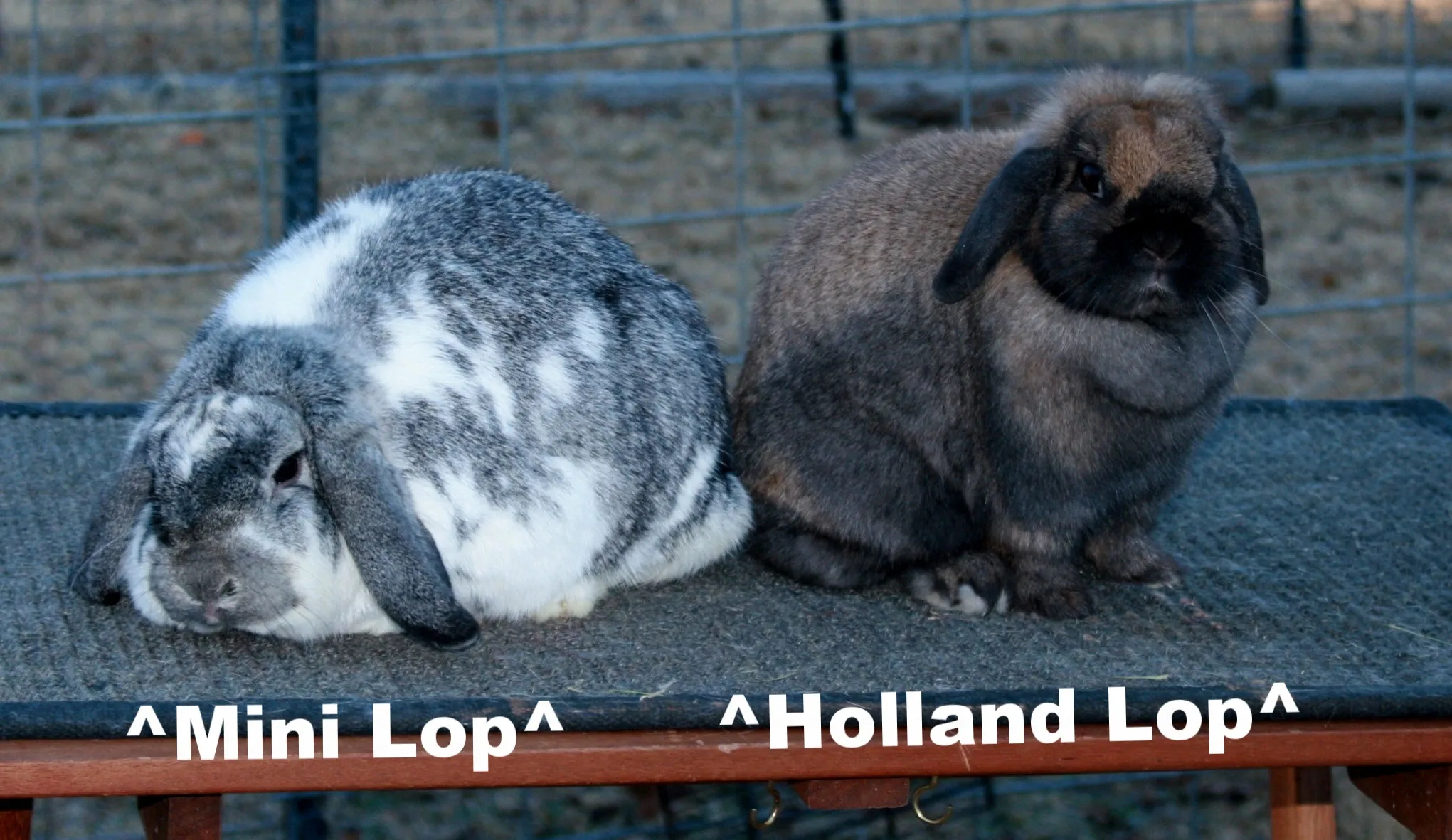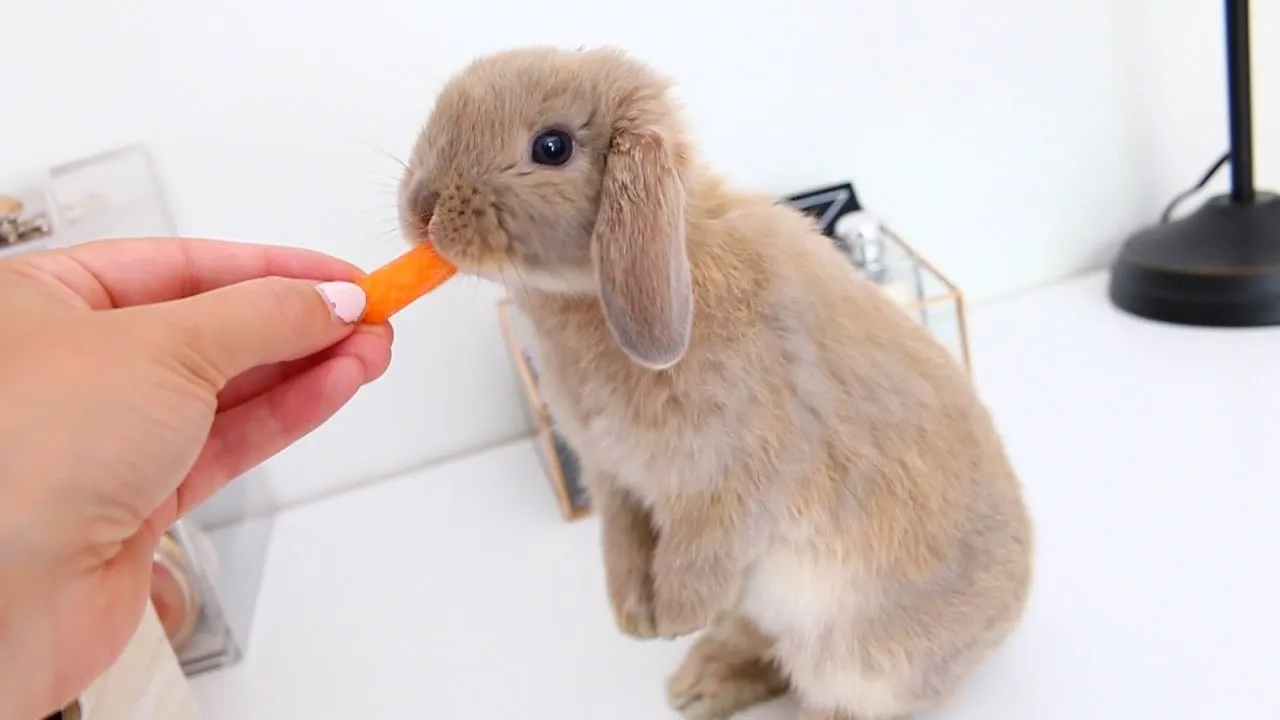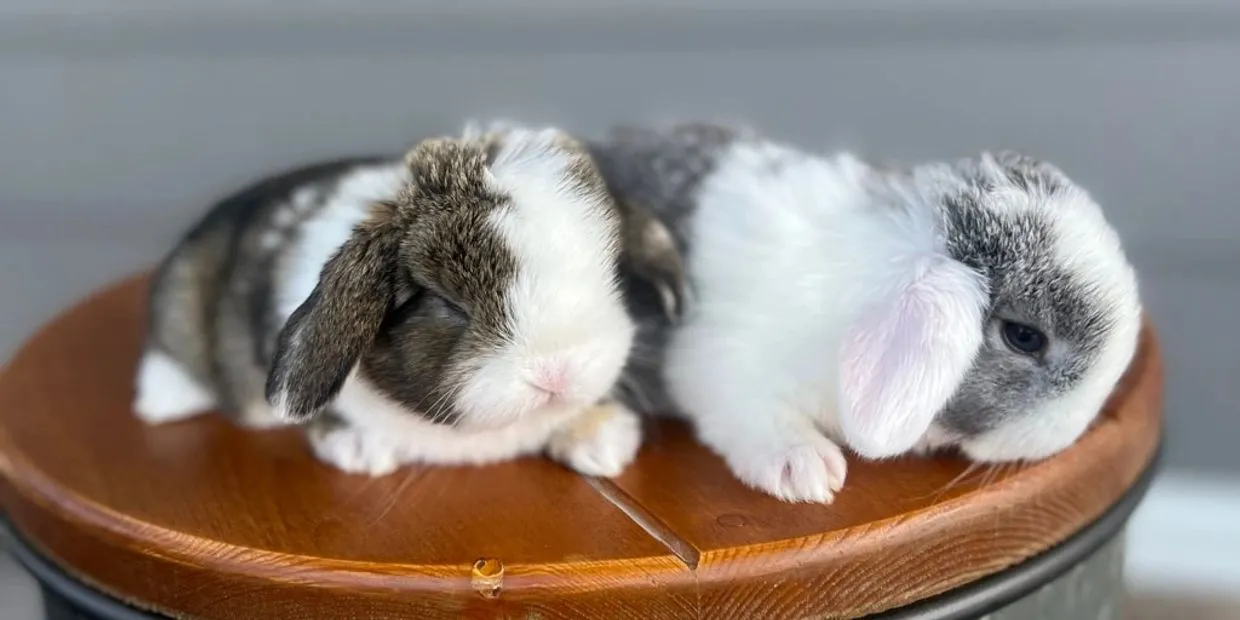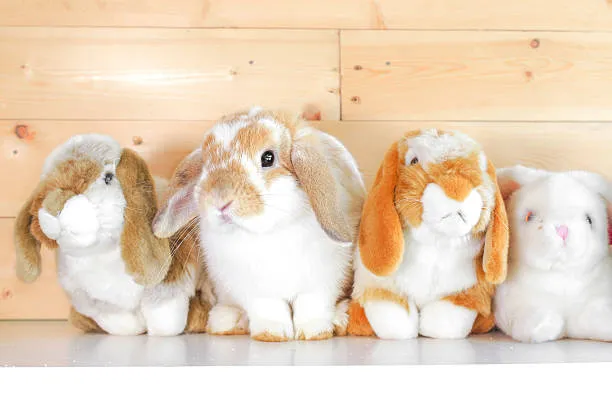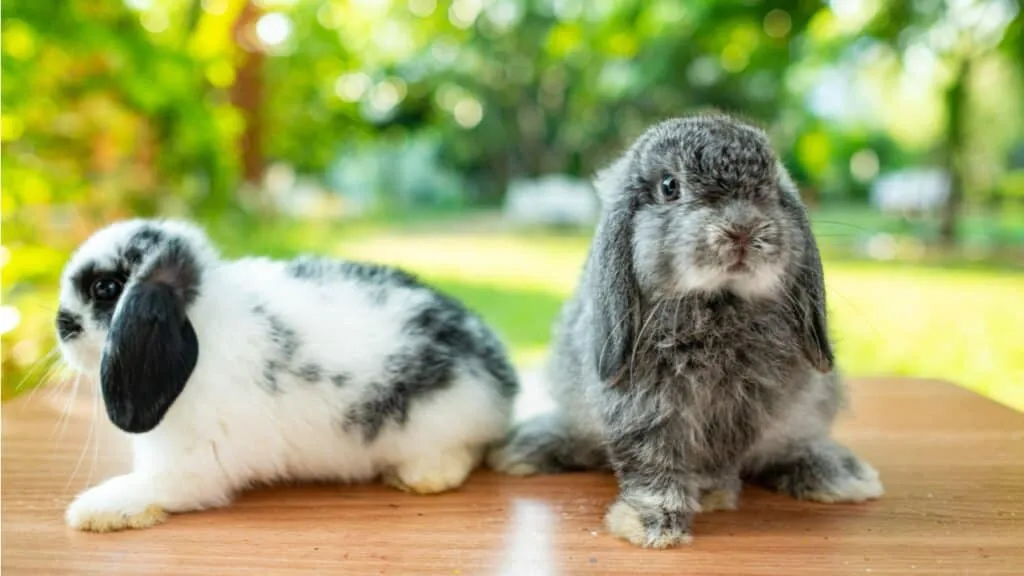Like any companion animal, recognising the Holland Lop Lifespan is vital for responsible ownership. Generally, Holland Lop rabbits have a lifespan of seven to ten years on average, though some can live longer with proper care.
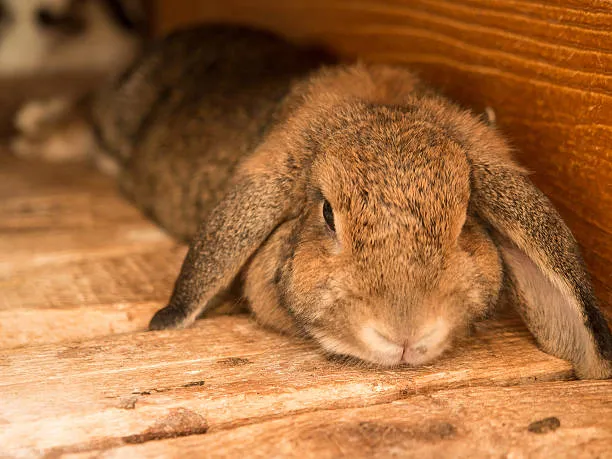
Holland Lop is a tiny, sweet-natured rabbit breed characterised by its silky coat, floppy ears, and wonderful personality. Holland Lops are a popular choice for global pet owners, not just due to their cute looks but also because of their easy-to-maintain care needs and loving nature.
The life expectancy of these animals is determined by a great number of factors, such as diet, living conditions, genetics, medical treatment, and social life.
These affectionate animals, even though they are small, need constant care and attention to have a complete and healthy life. In this information, you’ll get all you need to know about the life cycle of Holland Lops and how you can be sure your rabbit lives the longest, happiest life it can.
Understanding the Holland Lop Lifespan: Breed’s Natural
Holland Lop is one of the dwarf breeds of rabbits, and that ensures they live longer than the bigger breeds of rabbits. Smaller rabbits tend to live longer than bigger ones in most cases.
As a breed that is on average two to four pounds in weight, Holland Lop stands to gain from the size-longevity correlation.
The majority of the Holland Lops will be ready for breeding by six to eight months of age. Their best years typically range from age one to age five, during which they are most energetic and active.
Between the ages of six and seven, most rabbits will start showing signs of ageing, such as decreased energy, weight fluctuations, or slight stiffness in their joints.
With good care and early veterinary treatment, though, these symptoms can be controlled well, and many Holland Lops live well into their early teens.
Similar to human beings, the ageing process among rabbits is a gradual one and takes place individually. Some rabbits can stay energetic and active even at ten years old, while others need special treatment and monitoring at an earlier time. The secret to ensuring longevity is to have careful day-to-day care, illness prevention, and active health checks.
Factors That Affect Holland Lop Longevity
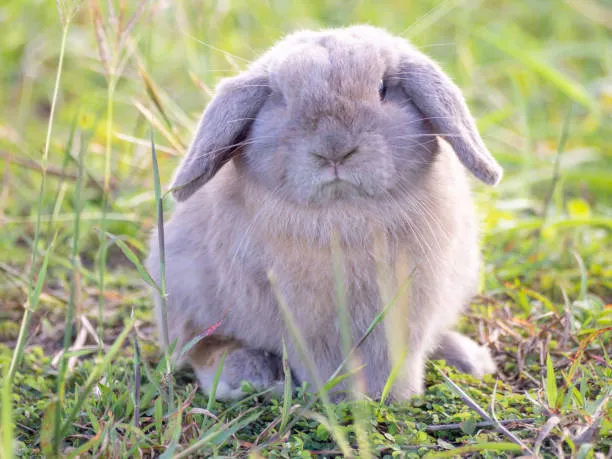
There are a number of interconnected contributing factors to the total lifespan of a Holland Lop. Genetics is a basic one. Rabbits bred from healthy stock are not likely to pass on diseases that would impact their lifespan.
Responsible breeders concentrate on choosing rabbits free of inherent conditions like malocclusion, which is when teeth do not fit together properly, or vulnerability to ear infections, which is typical in lop breeds.
Diet is another critical determinant of lifespan. A high-fibre diet, supplemented with good-quality hay, fresh vegetables, and clean water, is essential for healthy digestion, weight maintenance, and the prevention of dental disease.
The digestive tracts of rabbits are extremely sensitive and have to work continuously; hence, even short-lived drops in the level of food can lead to life-threatening conditions like gastrointestinal stasis. The environment is also important. Rabbits kept in clean, well-ventilated, and stress-free environments live longer.
Too much heat, too much cold, or small, dirty cages will severely jeopardise a rabbit’s health. Social contact with people or other rabbits and mental stimulation will avoid boredom and loneliness, both of which can strain a rabbit’s immune system and longevity.
Lastly, the availability of veterinary services is a must. Periodic wellness visits, vaccinations (if appropriate), spaying or neutering, and early treatment of illness or injury greatly increase a Holland Lop’s lifespan.
Rabbit-aware vets can recognise early warning signs of terminal disease and intervene immediately, where less capable vets might otherwise fail to notice.
The Role of Diet in Lifespan Maintenance
Supplying your Holland Lop with a proper diet at an early age is one of the greatest ways to ensure a long, healthy life. The principal base of a rabbit’s diet must always be hay, especially timothy hay, since it provides essential fibre for digestive functions and for naturally wearing down constantly growing incisors.
There are two primary reasons for premature death among house rabbits which include dental issues and digestive diseases. Both are avoided with proper nutrition under most circumstances.
In addition to hay, rabbits like a balanced amount of high-fibre pellets with no excess fillers in the form of seeds or sweet fruit.
Leafy greens, raw and fresh, provide necessary nutrients and moisture, supporting immune function and organ health. Clean water must be provided at all times, preferably from a stable bowl or bottle that is cleaned every day.
Overconsumption, especially of treats or starch vegetables like carrots or bananas, will lead to obesity and metabolic illness.
By being overweight, the joints, heart, and liver are subjected to more stress, and the rabbit’s lifespan is shortened. Through keeping your rabbit on a strict, well-balanced diet and monitoring for unnecessary weight gain, you create a nutritional foundation that guarantees vitality deep into age.
The Influence of Regular Health Monitoring
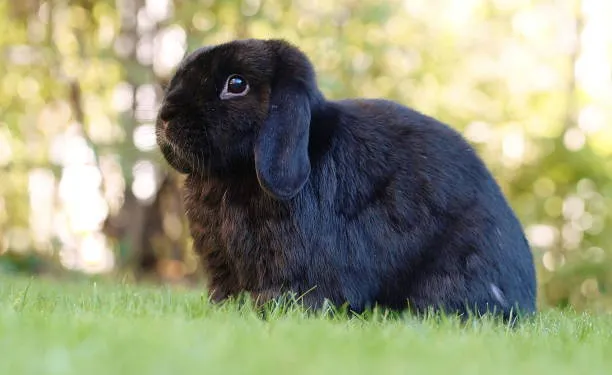
Most rabbit health problems can be solved if detected early. Holland Lops need to go in annually to the vet for a checkup to gauge weight, teeth, ears, skin, and overall condition. These visits enable your veterinarian to monitor changes year to year and detect slight signs of illness.
Ageing Holland Lop health problems include arthritis, cataracts, heart murmurs, and mobility problems. While these are not always preventable, early detection does offer a means of numerous treatments with better outcomes.
Rabbits typically rely on their owners to observe behaviour, appetite, droppings, posture, or grooming changes that would signal something is wrong.
Dental hygiene is especially crucial for Holland Lops. Owing to their skull structure, some tend to develop malocclusion or irregular tooth growth.
This can result in abscesses or avoidance of food if left unresolved. Offering plenty of hay and chew toys assists with good dental wear, but occasional veterinary check-ups are essential to ensure oral health.
Ear care is also essential. The lopped ears of the breed can lead to the buildup of moisture and wax, and these can release infections if not cleaned or checked regularly. Elderly rabbits can be assisted with grooming, nail clipping, and light exercise to maintain toned muscles.
What to Expect in the Last Stage of Life
Understanding what to anticipate in the last stage of your rabbit’s life allows you to prepare yourself emotionally and realistically.
Indications of older age might be visible loss of weight, reduced mobility, finicky eating, and more sleep. These are normal processes of ageing, but need to be assessed by a veterinarian to exclude conditions that can be treated.
Palliative care, focusing on comfort and quality of life, gains importance in this stage.
Maintaining the rabbit’s warmth, cleanliness, alleviating pain if needed, and offering gentle companionship enables your rabbit to remain calm. While some rabbits pass a peaceful death in sleep, others have to be put down humanely to prevent unnecessary pain.
It is never easy to lose a pet, but knowing that you gave your Holland Lop love, care, and respect during its life can bring comfort. The relationship formed by many years of companionship is a satisfying affirmation of your role as a pet owner.
Final Thoughts
A Holland Lop bunny lives from seven to ten years on average, though some live twelve or beyond with the best of conditions. Genetics, daily care, nutrition, living conditions, socialisation, and veterinary care all combine to determine their lifespan.
By meeting their emotional and physical needs at each stage of their lives, you provide the greatest chance for living long, healthy, and happy lives. Selecting to care for a Holland Lop requires dedicating a decade or more to caring for this animal.
It also involves witnessing years of love, companionship, and curiosity from the wonderful little creature that brings contented joy to the lives of countless people. With knowledge, dedication, and patience, you can assist your Holland Lop in flourishing well into old age.
